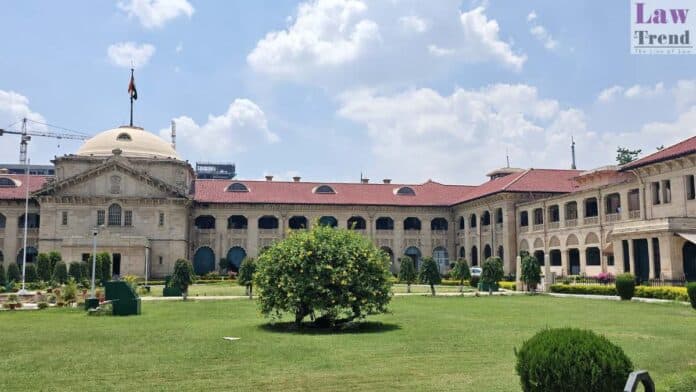The Allahabad High Court has held that incidents of mob lynching and mob violence must be treated as individual cases and cannot be generally monitored through a public interest litigation (PIL). The court emphasized that such incidents should be addressed on a case-by-case basis and as per the procedure established by law.
A division bench comprising Justices Siddharth and Avnish Saxena made this observation while dismissing a PIL filed by the Jamiat Ulema-i-Hind, which had sought extensive directions for the implementation of the Supreme Court’s guidelines laid down in the 2018 Tehseen S. Poonawalla v. Union of India judgment to curb mob lynching.
The PIL had referred to several incidents of mob violence in Uttar Pradesh, including a recent case in Aligarh, and requested the constitution of a special investigation team (SIT) headed by an officer of inspector general rank, appointment of district-level nodal officers, and submission of a status report on mob lynching cases.
While disposing of the petition, the court reiterated that the Tehseen Poonawalla judgment is binding on both the Centre and the state governments. It noted, however, that any aggrieved party should first approach the government authorities to seek implementation of the guidelines, rather than rushing to the court with general prayers.
“The reliefs prayed for may be in line with the Supreme Court’s decision, but a PIL cannot be used to seek overarching oversight into individual incidents of mob violence,” the court said in its order dated July 15.
The state government had opposed the maintainability of the PIL, arguing that individual incidents of law and order cannot be monitored under a generalized PIL.




